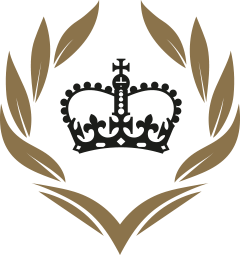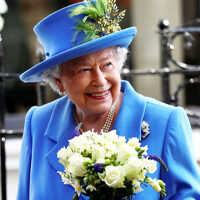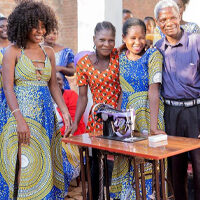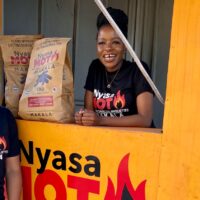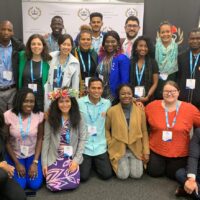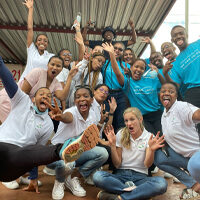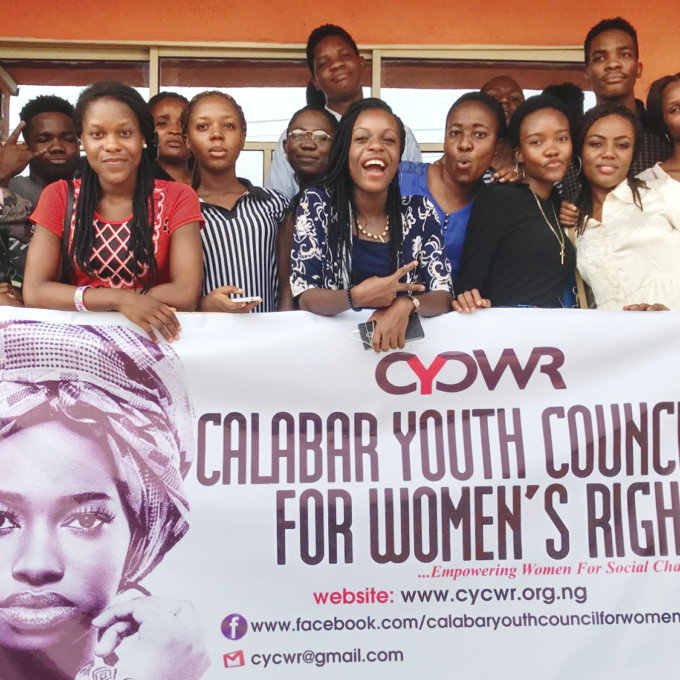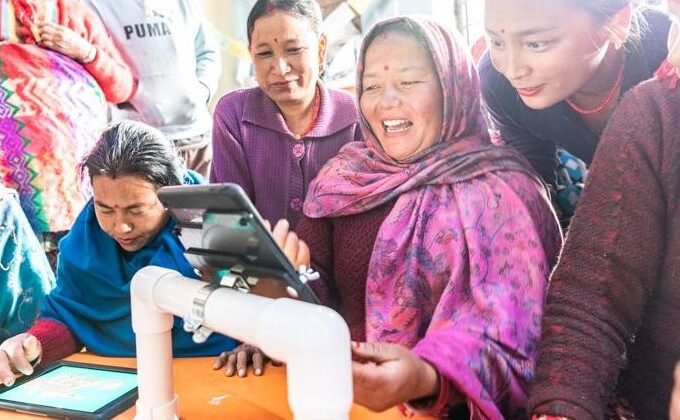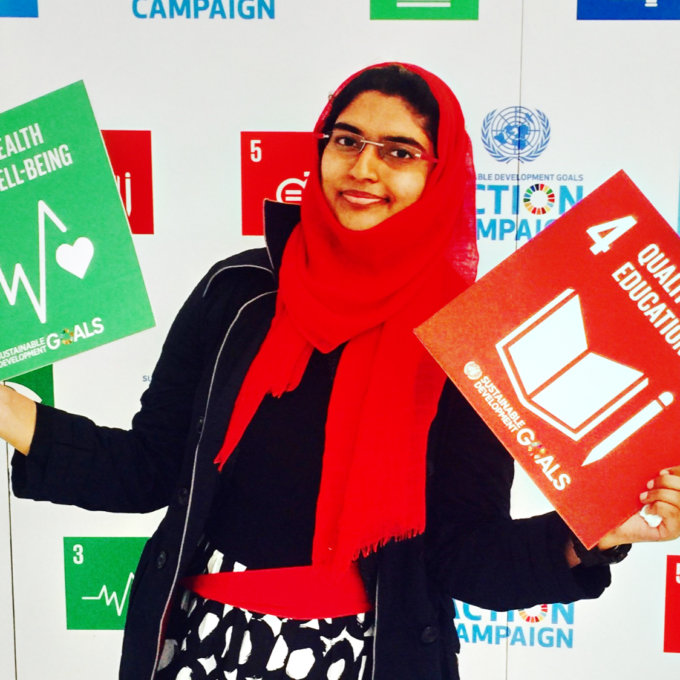Across Cameroon, too many children struggle to attend school for two simple reasons – there is poor access to clean water and there are no toilets. Joannes Yimbesalu’s Hope for Children Cameroon has provided more than 1,000 children and teachers with the basic sanitation they need, to go to school and study in safety.
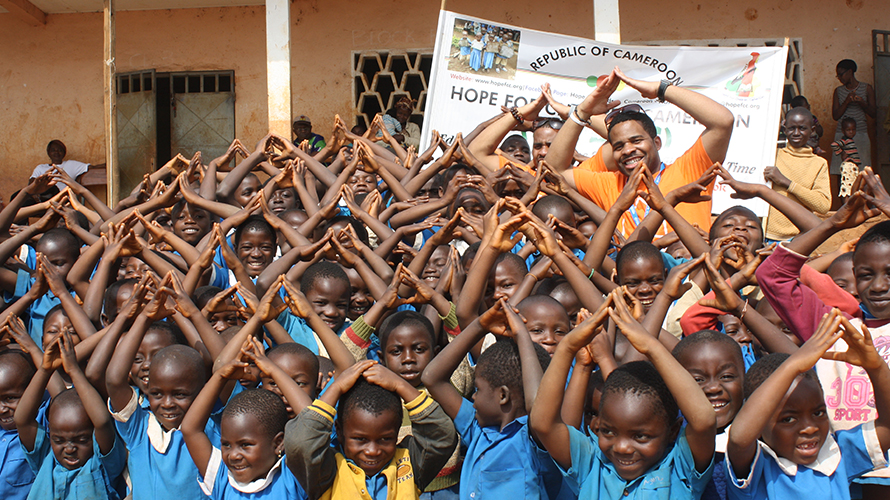
The problem – millions miss out on education
Two-thirds of primary schools in developing countries have no adequate sanitation, creating a major barrier to attendance. Children often have to search for miles for a safe place to defecate or urinate, with most of them using fields and ditches. Girls are particularly vulnerable as they’re at risk of sexual harassment and rape, and they often avoid school altogether when they have their period due to this lack of basic amenities. And with no hand-washing facilities, absenteeism due to diarrhoea-related illness is huge.
The solution-basic sanitation for schools
Hope for Children Cameroon promotes hygiene and safe sanitation practices in schools by constructing toilets and wash facilities. This allows children to stay in school and learn in an environment that is not only free from disease, but also ensures their safety and well-being. They hope to end the practice of open defecation and minimise the number of school days children lose to sickness by teaching the importance of hand-washing, and ultimately create schools where children – especially girls – feel safe and secure.
The impact – hope for thousands of children
Hope for Children Cameroon has built latrines in seven primary schools in rural communities, which are currently serving close to 1,300 pupils and teachers. School absenteeism has dropped by 27% and sickness among the pupils has reduced significantly. Enrolment rates in the schools have gone up, and girls now feel safe in school and their dignity has been restored. Teachers and pupils also no longer lose hours of their day searching for a safe place to go to the toilet, and can remain in school to complete homework and prepare lessons.
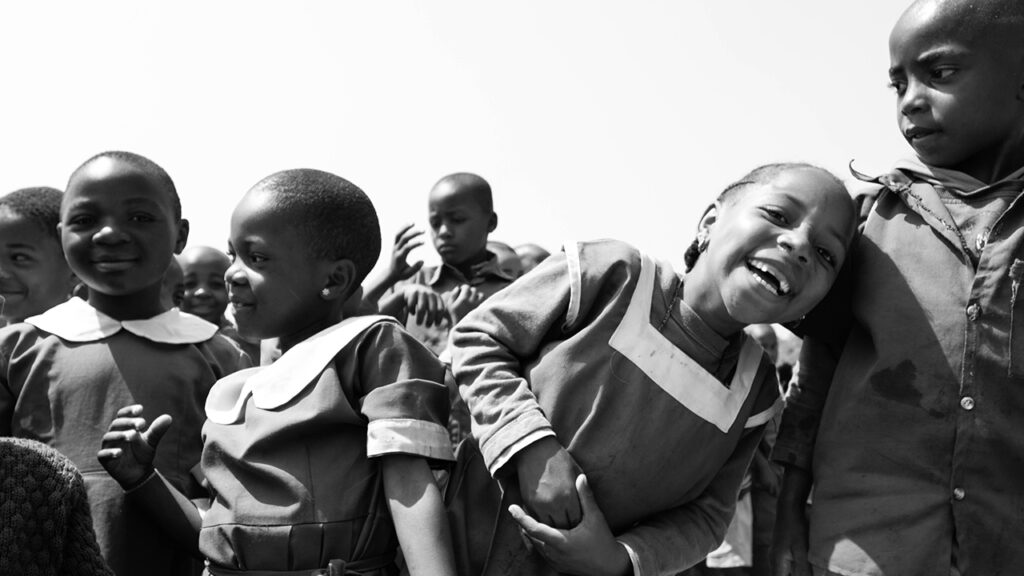
How did it all start?
While in high school, my twin brother and I would see many children who were not in school and learning. Some looked desolate. We decided to support them and saved every penny we had as pocket money to provide school materials: $50. In 2011, when Hope for Children Cameroon became official, we expanded to other communities, but this meant more money was needed. Luckily for us, a couple of friends started supporting our work financially and materially.
In 2014, I resigned from my job as a scientist in the USA to devote my time and energy to the organisation. And in 2015, we organised our very first fundraiser – the auction raised funds for the completion of a new school, tuition assistance and school supplies. Today our team has grown to eight Cameroonians – all young professionals in the USA and Canada, and three members in Cameroon who oversee the day-to-day running of our projects and programmes.
What’s been your greatest achievement?
During all these years, I never expected any form of recognition or support and I never knew this work would inspire many others out there. However, the day I received that call from Buckingham Palace in 2014 congratulating me as one of the recipients of the Queen’s Young Leaders Award, I froze for a minute. Never in my wildest of dreams did I ever imagine receiving recognition from the Queen – not just the award but also the opportunity to meet her in person and shake her hand. Untill this day, it is still like a dream.
The Queen’s recognition was a reminder to me that everything we’re doing really matters, and the people we are reaching out to and serving matter. It’s a reminder that the world depends on the work of young people who continue to demonstrate courage and leadership in bringing change in their communities.
What was your greatest challenge?
The biggest challenge has been assessing risk. Since 2016, there has been a political upheaval in Cameroon, which has led to the closure of schools for over 17 months now. It has greatly affected our work, since most schools are not open – we don’t even know where these children are, or how to track them. This has created a huge generational gap and I worry each day about the future of these children.
We are working on a risk assessment plan so as to be better prepared. This taught me that crisis can strike at any time, and also to diversify our work in education – not just focusing on schools, but teaching life skills that children can use to create jobs for themselves and employ others.
What’s next for your project?
We’re currently empowering young mothers aged 10 to 19, through community support groups that give them a place to share concerns and experiences, and allow us to offer resources on parenting, existing health services, information on self-care and how to cope with the psychological effects of unwanted pregnancies.
Through health promotion activities and community partnerships, we hope to reduce teenage pregnancy in the Tinifoinbi community and its environs by 50%, and directly impact another 3,000 individuals associated with pregnant and parenting teens by 2020.
By 2025, Hope for Children Cameroon’s broader vision is to build the first Early Childhood Development Community Hub – a place for learning, playing, proper nutrition, cognitive development and child protection. It will also have an onsite community health centre, a school for girls, a library, an art exhibition space, a centre for vocational and skills training, adult education, a community market, a community garden, a poultry farm and other cultural programmes, as well as lifelong learning and community engagement services.
What top three things helped your venture succeed?
Funding. It was hard to get funding, as small funding organisations would ask us to present years of financial statements, and require that we have existed for at least five years, etc. We went through very competitive screening phases and never succeeded because we could not meet all the basic requirements. But we kept applying until we finally received funding from The Queen’s Commonwealth Trust – a huge relief for our organisation.
Partnerships. Partners brought us different insights, and through their networks we were able to connect to potential sponsors and mentorship opportunities. My advice is to engage partners who are mutually beneficial – this instils trust.
A good website. People are very visual, and websites are a good way for others to understand your model and the work you do. It also helps build trust among potential donors.
